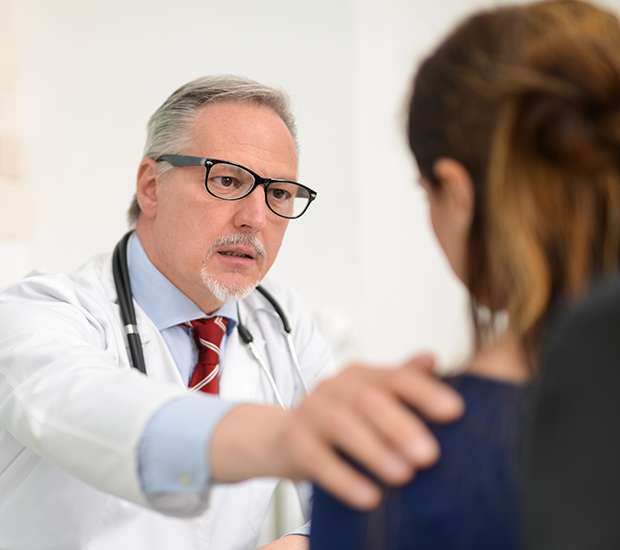New York Relapse Prevention and Changing Your Lifestyle
When it comes to addiction, regardless of the kind, it is not enough to simply remove the object of the addiction from the equation. For example, it is not enough to stop someone from using a drug. We must also address their lifestyle and provide patients with the tools they need to become healthy in general so they can be strong enough to fight off the cravings that will come or the temptation that will exist when exposed to the drug in the future. While of course we would hope that an alcoholic or a drug user would never come in contact with the item of their addiction that is highly unlikely given how common alcohol and drug use is in general society. Therefore, it is necessary for people to change their lifestyle in order to reduce the amount of exposure they have and also to strengthen themselves mentally and emotionally so when confronted with their addiction, a recovering addict can choose to walk away.
One valuable tool is to get physically in shape by exercising, lifting weights, or engaging in a sport. Athletics and exercise can lead to a euphoric high that is natural and healthy, so a drug user can understand that they can feel good and experience excitement in their life without the need to take drugs or drink.
Diet is also a critical component of a relapse prevention program, and one that is often overlooked. Eating too much sugar and processed foods can actually enhance cravings for a drug because of the sudden blood sugar crashes they cause. Someone can go from feeling energized and happy to low and lethargic. These physical symptoms can work to enhance any potential cravings, so it is important for New York patients to eat a healthy diet that provides sustained energy. Lean protein, dairy, complex carbohydrates, and vegetables are all recommended. At Joel Nathan, MD, we can provide additional suggestions for dietary changes during a consultation. To schedule one, call our office at (347) 237-7944.
How Medication Can Combat Withdrawal Symptoms?
Some studies have found that when medication is used in addition to behavioral therapy, the likelihood of relapsing is significantly reduced. Medication is incredibly useful for reducing the symptoms associated with detoxification to the point that many people can continue with their lifestyle. Medications will often make it possible to complete drug therapy as an outpatient rather than needing to be checked into an in-patient facility during the detoxification process. Additionally, certain medications can prevent an addict from experiencing the euphoria of a high if they do take the drug again. It is important to remember, however, that taking medication is only a way to help initially. It cannot be viewed as a solve-all or as a way to completely get over a drug. This is why a comprehensive approach is best for preventing a relapse.


